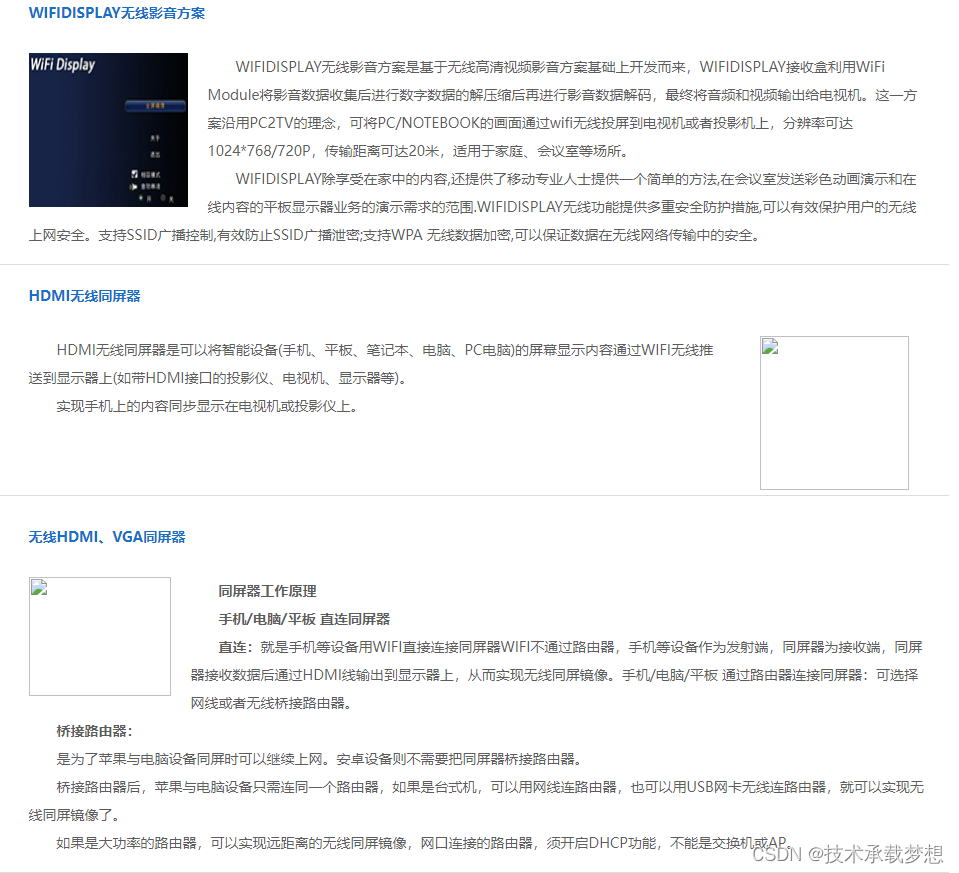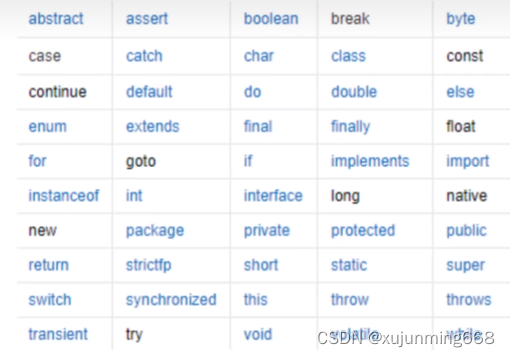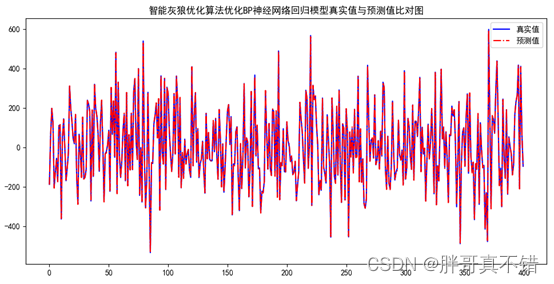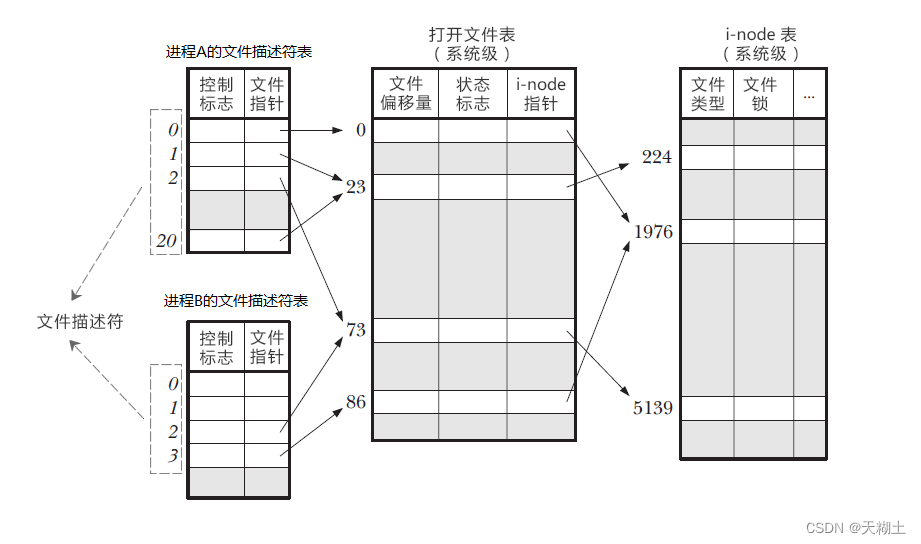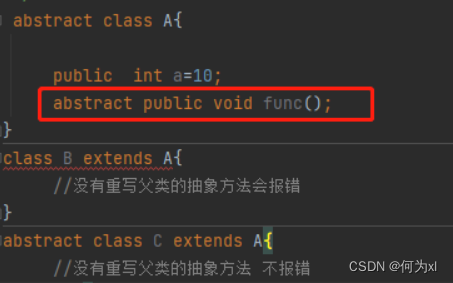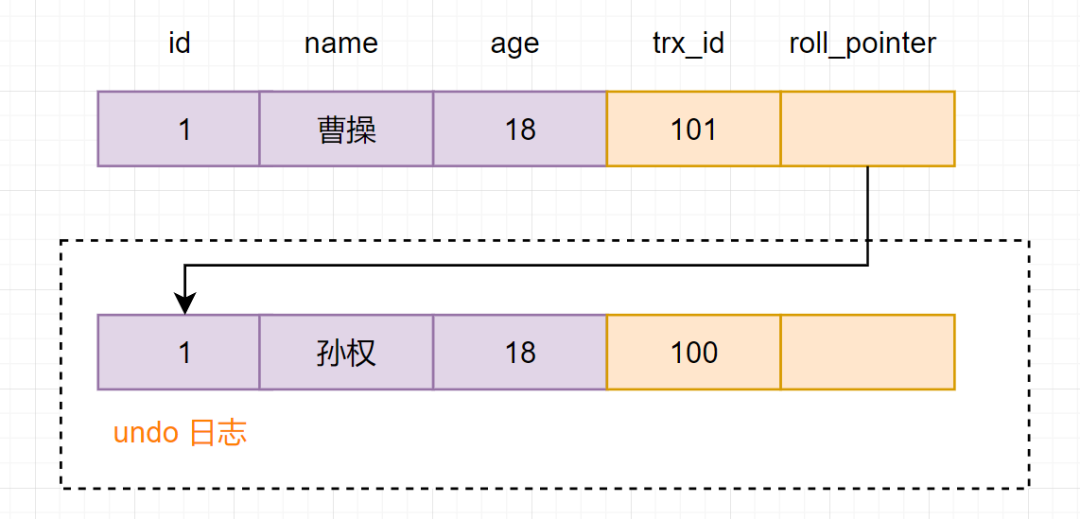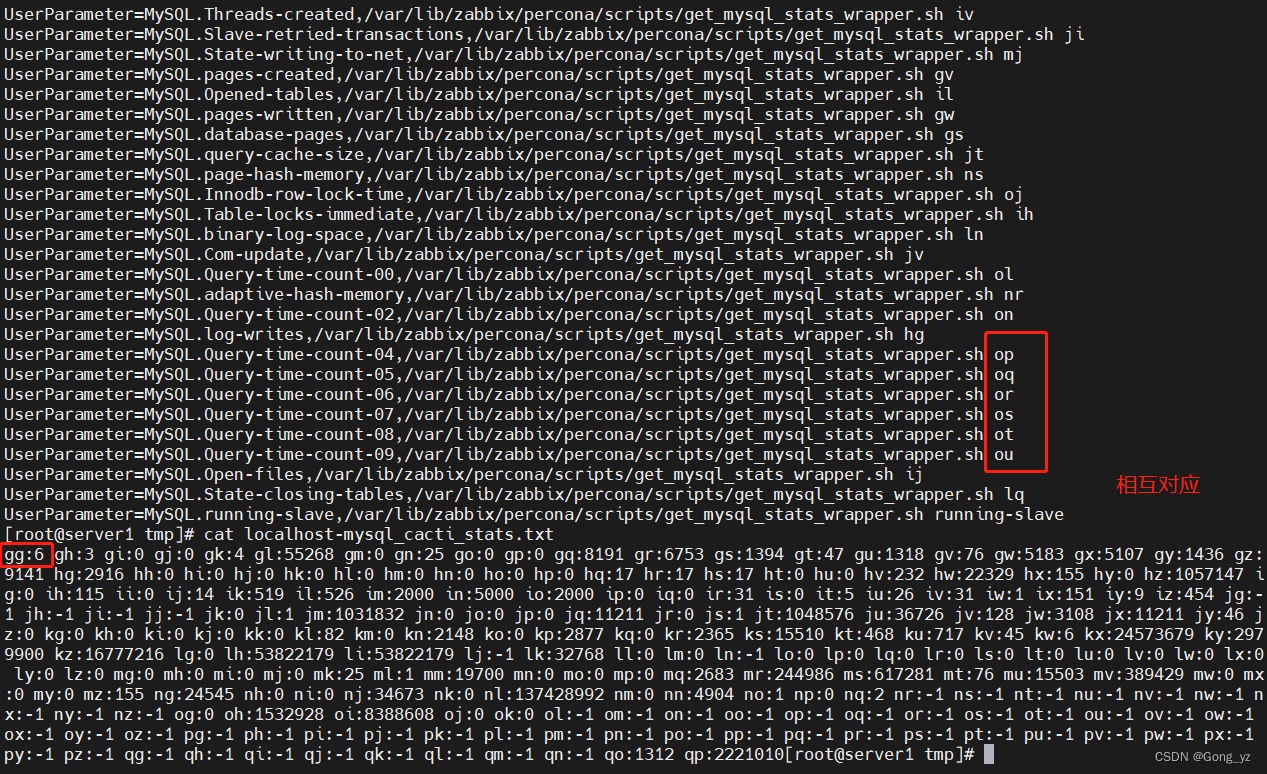定义于头文件 <unordered_set>
| template< class Key, | (1) | (C++11 起) |
| namespace pmr { template <class Key, | (2) | (C++17 起) |
unordered_set is 是含有 Key 类型唯一对象集合的关联容器。搜索、插入和移除拥有平均常数时间复杂度。
在内部,元素并不以任何特别顺序排序,而是组织进桶中。元素被放进哪个桶完全依赖其值的哈希。这允许对单独元素的快速访问,因为哈希一旦,就准确指代元素被放入的桶。
不可修改容器元素(即使通过非 const 迭代器),因为修改可能更改元素的哈希,并破坏容器。
哈希策略
返回每个桶的平均元素数量
std::unordered_set<Key,Hash,KeyEqual,Allocator>::load_factor| float load_factor() const; | (C++11 起) |
返回每个桶元素的平均数,即 size() 除以 bucket_count() 。
参数
(无)
返回值
每个桶元素的平均数。
复杂度
常数。
管理每个桶的平均元素数量的最大值
std::unordered_set<Key,Hash,KeyEqual,Allocator>::max_load_factor| float max_load_factor() const; | (1) | (C++11 起) |
| void max_load_factor( float ml ); | (2) | (C++11 起) |
管理最大加载因子(每个桶的平均元素数)。若加载因子超出此阈值,则容器自动增加桶数。
1) 返回最大加载因子。
2) 设置最大加载因子为 ml 。
参数
| ml | - | 新设置的最大加载因子 |
返回值
1) 当前最大加载因子。
2) 无。
复杂度
常数
为至少为指定数量的桶预留存储空间。
这会重新生成哈希表。
std::unordered_set<Key,Hash,KeyEqual,Allocator>::rehash| void rehash( size_type count ); | (C++11 起) |
设置桶数为 count 并重哈希容器,即考虑桶总数已改变,再把元素放到适当的桶中。若新的桶数使加载因子大于最大加载因子( count < size() / max_load_factor() ),则新桶数至少为 size() / max_load_factor() 。
参数
| count | - | 新的桶数 |
返回值
(无)
复杂度
平均与容器大小成线性,最坏情况成平方。
注意
rehash(0) 可用于强制无条件的重哈希,例如在通过临时增加 max_load_factor() 暂停自动重哈希之后。
为至少为指定数量的元素预留存储空间。
这会重新生成哈希表。
std::unordered_set<Key,Hash,KeyEqual,Allocator>::reserve| void reserve( size_type count ); | (C++11 起) |
设置桶数为适应至少 count 个元素,而不超出最大加载因子所需的数,并重哈希容器,即考虑桶数已更改后将元素放进适合的桶。等效地调用 rehash(std::ceil(count / max_load_factor())) 。
参数
| count | - | 容器的新容量 |
返回值
(无)
复杂度
平均情况与容器大小成线性,最坏情况成平方。
调用示例
#include <iostream>
#include <forward_list>
#include <string>
#include <iterator>
#include <algorithm>
#include <functional>
#include <unordered_set>
#include <time.h>
using namespace std;
struct Cell
{
int x;
int y;
Cell() = default;
Cell(int a, int b): x(a), y(b) {}
Cell &operator +=(const Cell &cell)
{
x += cell.x;
y += cell.y;
return *this;
}
Cell &operator +(const Cell &cell)
{
x += cell.x;
y += cell.y;
return *this;
}
Cell &operator *(const Cell &cell)
{
x *= cell.x;
y *= cell.y;
return *this;
}
Cell &operator ++()
{
x += 1;
y += 1;
return *this;
}
bool operator <(const Cell &cell) const
{
if (x == cell.x)
{
return y < cell.y;
}
else
{
return x < cell.x;
}
}
bool operator >(const Cell &cell) const
{
if (x == cell.x)
{
return y > cell.y;
}
else
{
return x > cell.x;
}
}
bool operator ==(const Cell &cell) const
{
return x == cell.x && y == cell.y;
}
};
struct myCompare
{
bool operator()(const int &a, const int &b)
{
return a < b;
}
};
std::ostream &operator<<(std::ostream &os, const Cell &cell)
{
os << "{" << cell.x << "," << cell.y << "}";
return os;
}
std::ostream &operator<<(std::ostream &os, const std::pair<const int, Cell> &pCell)
{
os << pCell.first << "-" << pCell.second;
return os;
}
struct CHash
{
size_t operator()(const Cell& cell) const
{
size_t thash = std::hash<int>()(cell.x) | std::hash<int>()(cell.y);
// std::cout << "CHash: " << thash << std::endl;
return thash;
}
};
struct CEqual
{
bool operator()(const Cell &a, const Cell &b) const
{
return a.x == b.x && a.y == b.y;
}
};
int main()
{
std::cout << std::boolalpha;
std::mt19937 g{std::random_device{}()};
srand((unsigned)time(NULL));
auto generate = []()
{
int n = std::rand() % 10 + 110;
Cell cell{n, n};
return cell;
};
std::unordered_set<Cell, CHash, CEqual> unordered_set1;
while (unordered_set1.size() < 6)
{
//返回每个桶元素的平均数,即 size() 除以 bucket_count() 。
std::cout << "unordered_set1 load_factor : " << unordered_set1.size()
<< " / " << unordered_set1.bucket_count() << " = "
<< unordered_set1.load_factor() << std::endl;
//6) 插入来自 initializer_list ilist 的元素。若范围中的多个元素拥有比较等价的关键,则插入哪个元素是未指定的
unordered_set1.insert({generate()});
}
std::cout << "unordered_set1: ";
std::copy(unordered_set1.begin(), unordered_set1.end(), std::ostream_iterator<Cell>(std::cout, " "));
std::cout << std::endl;
std::cout << std::endl;
std::unordered_set<Cell, CHash, CEqual> unordered_set2;
size_t index = 1;
while (unordered_set2.size() < 3)
{
//管理最大加载因子(每个桶的平均元素数)。若加载因子超出此阈值,则容器自动增加桶数。
//1) 返回最大加载因子。
std::cout << "unordered_set2 max_load_factor : "
<< unordered_set2.max_load_factor() << std::endl;
//2) 设置最大加载因子为 ml 。
unordered_set2.max_load_factor(index);
std::cout << "unordered_set2 max_load_factor(" << index << ") : "
<< unordered_set2.max_load_factor() << std::endl;
//返回每个桶元素的平均数,即 size() 除以 bucket_count() 。
std::cout << "unordered_set2 load_factor : " << unordered_set2.size()
<< " / " << unordered_set2.bucket_count() << " = "
<< unordered_set2.load_factor() << std::endl;
//6) 插入来自 initializer_list ilist 的元素。若范围中的多个元素拥有比较等价的关键,则插入哪个元素是未指定的
unordered_set2.insert({generate()});
index++;
}
std::cout << std::endl;
std::unordered_set<Cell, CHash, CEqual> unordered_set3;
index = 1;
while (unordered_set3.size() < 3)
{
unordered_set3.max_load_factor(index);
std::cout << "unordered_set3 max_load_factor(" << index << ") : "
<< unordered_set3.max_load_factor() << std::endl;
//1) 返回最大加载因子。
std::cout << "unordered_set3 max_load_factor : "
<< unordered_set3.max_load_factor() << std::endl;
//设置桶数为 count 并重哈希容器,即考虑桶总数已改变,再把元素放到适当的桶中
unordered_set3.rehash(index);
std::cout << "unordered_set3 rehash(" << index << ") " << std::endl;
//返回每个桶元素的平均数,即 size() 除以 bucket_count() 。
std::cout << "unordered_set3 load_factor : " << unordered_set3.size()
<< " / " << unordered_set3.bucket_count() << " = "
<< unordered_set3.load_factor() << std::endl;
//6) 插入来自 initializer_list ilist 的元素。若范围中的多个元素拥有比较等价的关键,则插入哪个元素是未指定的
unordered_set3.insert({generate()});
index++;
}
std::cout << std::endl;
std::unordered_set<Cell, CHash, CEqual> unordered_set4;
index = 1;
while (unordered_set4.size() < 3)
{
unordered_set4.max_load_factor(index);
std::cout << "unordered_set4 max_load_factor(" << index << ") : "
<< unordered_set4.max_load_factor() << std::endl;
//1) 返回最大加载因子。
std::cout << "unordered_set4 max_load_factor : "
<< unordered_set4.max_load_factor() << std::endl;
//设置桶数为 count 并重哈希容器,即考虑桶总数已改变,再把元素放到适当的桶中
unordered_set4.reserve(index);
std::cout << "unordered_set4 reserve(" << index << ") " << std::endl;
//返回每个桶元素的平均数,即 size() 除以 bucket_count() 。
std::cout << "unordered_set4 load_factor : " << unordered_set3.size()
<< " / " << unordered_set4.bucket_count() << " = "
<< unordered_set4.load_factor() << std::endl;
//6) 插入来自 initializer_list ilist 的元素。若范围中的多个元素拥有比较等价的关键,则插入哪个元素是未指定的
unordered_set4.insert({generate()});
index++;
}
return 0;
}输出


